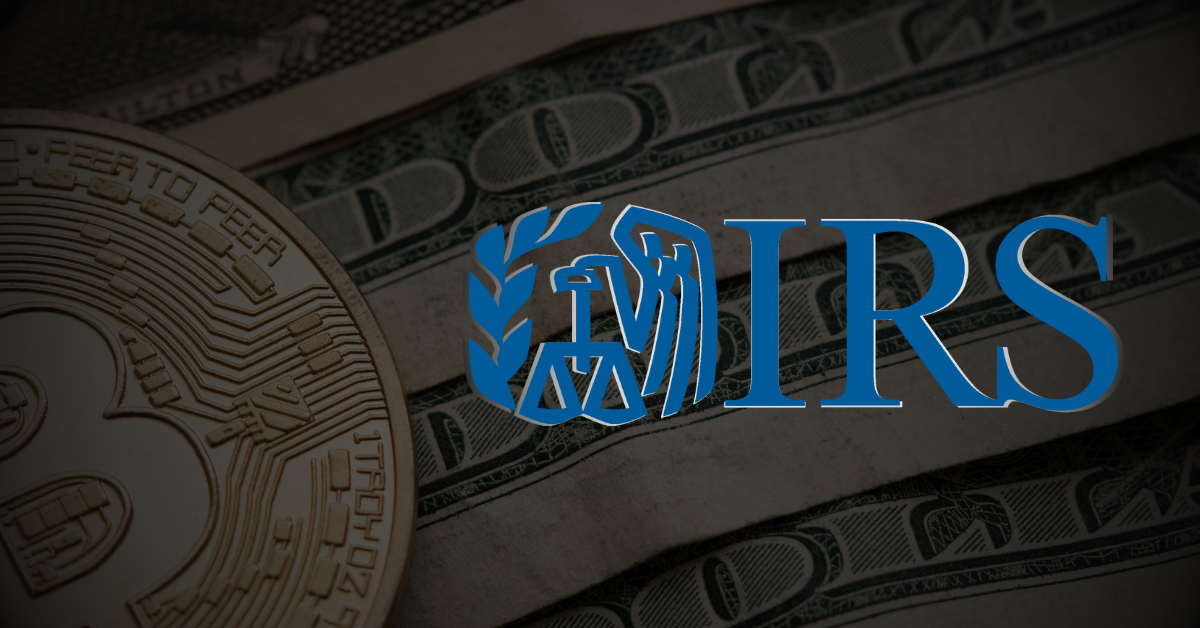Key Takeaways
- The Internal Revenue Service (IRS) updated its guidance to provide a safe harbor for cryptocurrency investment trusts to legally participate in staking activities.
- The new guidance explicitly allows Exchange-Traded Products (ETPs) and trusts to share staking rewards with retail investors, removing a major compliance barrier.
- To qualify, ETPs must meet strict criteria, including holding only cash and a single type of digital asset, being traded on a national securities exchange, and utilizing a custodian.
IRS Provides Regulatory Clarity for Staking in ETPs
The U.S. regulatory landscape for digital assets took a significant step forward with the Internal Revenue Service (IRS) and the Department of the Treasury releasing updated guidance that directly impacts institutional crypto investment products. The new guidance establishes a safe harbor specifically allowing cryptocurrency investment trusts and Exchange-Traded Products (ETPs) to engage in staking digital assets and subsequently share the resulting staking rewards with their retail investors. This move resolves a persistent area of regulatory uncertainty, as prior rules risked jeopardizing the tax status of trusts that “varied their investment,” a category staking could be interpreted to fall under.
Treasury Secretary Scott Bessent championed the move, posting on X that the guidance offers ETPs “a clear path to stake digital assets,” thereby increasing investor benefits and boosting innovation in U.S. digital asset markets. Previously, the lack of clarity discouraged fund sponsors, custodians, and asset managers from integrating staking yield into regulated products, a crucial component of modern, high-yield crypto finance.
Senior Counsel at Consensys, Bill Hughes, confirmed this sentiment, calling the guidance “long-awaited regulatory and tax clarity” that effectively removes a major legal barrier to staking adoption by institutional vehicles.
Strict Criteria for the Staking Safe Harbor
While the IRS guidance opens the door to staking revenue for regulated funds, it does so under rigorous compliance conditions designed to mitigate risk and ensure proper tax status. For a crypto trust to qualify under this new safe harbor, it must strictly adhere to a multi-part test. Key requirements mandate that the trust:
- Be traded on a national securities exchange.
- Hold only cash and “units of a single type of digital asset” (e.g., only Ethereum or only Solana).
- Hold the digital assets through a custodian to ensure security and proper management.
- Mitigate specific risks to investors, ensuring staking does not create an unacceptable level of management or trading activity that would classify the trust as something other than a fixed investment vehicle.
Issued as Revenue Procedure 2025-31, this new tax guidance applies to tax years ending on or after November 10, 2025. It directly follows the U.S. Securities and Exchange Commission (SEC)’s September decision to approve generic listing standards for crypto ETPs. The IRS and Treasury explicitly cited the SEC’s rule change as a key factor in their updated guidance, signaling a rare moment of regulatory alignment that strongly supports the integration of passive yield generation into compliant, publicly traded investment vehicles.
Final Thoughts
The IRS’s safe harbor for crypto ETP staking is a regulatory milestone, providing the much-needed tax and legal clarity for institutional funds to generate and share staking yield with retail investors. This move is poised to significantly accelerate the adoption of proof-of-stake assets within mainstream investment portfolios and further solidify the U.S. as a competitive digital asset market.
Frequently Asked Questions
What is the main benefit of the new IRS guidance?
It creates a safe harbor allowing regulated crypto ETPs and trusts to stake digital assets and share the rewards with investors without jeopardizing their tax status.
What is a key requirement for a trust to qualify?
A trust must generally hold only cash and a single type of digital asset (e.g., just ETH) and be traded on a national securities exchange.
What previous regulatory hurdle did the guidance remove?
It removed the legal barrier that discouraged funds from staking due to the risk of being classified as an active trading vehicle that could “vary the investment.”






